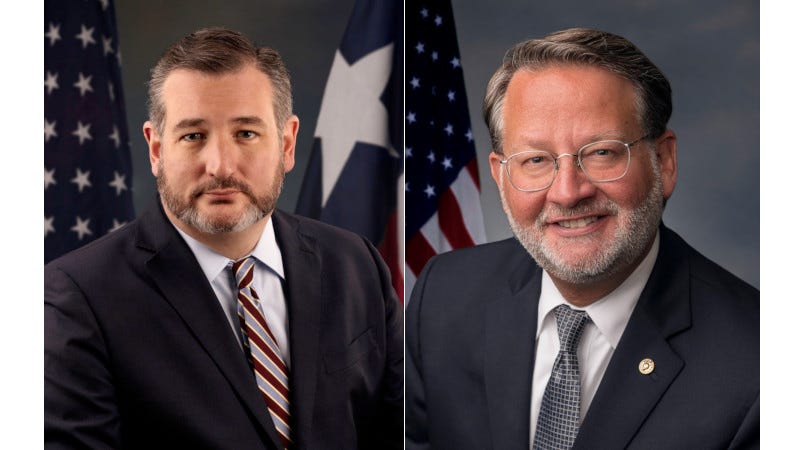Bill Introduced to Help Astronauts Safely Reacclimate Following Missions
Would Provide Transportation Services to Returning Spacefarers
A bipartisan bill has been introduced in the U.S. Senate Commerce Committee that would provide transportation of government astronauts before they receive medical clearance to drive.
"America’s astronauts take great risks in order to keep the United States the world’s leader in human space exploration."




